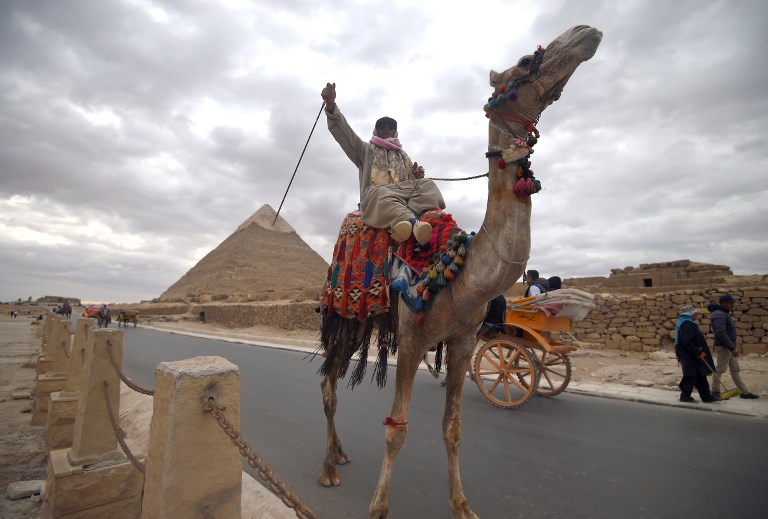São Paulo – The Middle East and Africa tourism industry showed higher-than-average growth last year, the Madrid, Spain-based United Nations World Tourism Organization (UNWTO) reported this Monday (21).
The Middle East welcomed 64 million tourists in 2018, up 10% from the year before, a “solid result consolidating its 2017 recovery.”
Africa saw 67 million travelers, up 7%. Tourist numbers climbed 10% in North Africa – the Arab portion of the continent – and 6% in Sub-Saharan Africa.
International arrivals in Europe amounted to 713 million, up 6%, while Asia and the Pacific saw 343 million arrivals, also up 6%.
The Americas got 217 million international travelers, up 3%. Arrivals were up 4% in North America and 3% in South America, but down 2% in Central America and 2% in the Caribbean. In the latter case, the result is still impacted by September 2017 hurricanes Irma and Maria, according to the UNWTO.
Tourist number goal was brought ahead
According to the UNWTO’s World Tourism Barometer, international tourist arrivals amounted to 1.4 billion worldwide in 2018, up 6% from the previous year. The organization wasn’t expecting that mark to come before 2020, “yet the remarkable growth of international arrivals in recent years has brought it two years ahead.”
The organization notes that international tourist flows increased by more than the world economy – which expanded by 3.7% last year. “The growth of tourism in recent years confirms that the sector is today one of the most powerful drivers of economic growth and development”, UNWTO secretary-general Zurab Pololikashvili was quoted as saying.
The forecast of 1.4 billion tourists only by 2020 had been made in 2010, but since then, according to the organization, global economic growth was stronger than expected, air tickets became cheaper, the industry underwent technological changes, new business models emerged and visa issuance became more streamlined around the world, all of which caused activity to pick up faster.
In 2019, the UNWTO is expecting world tourism to increase by 3% to 4%.
Translated by Gabriel Pomerancblum




